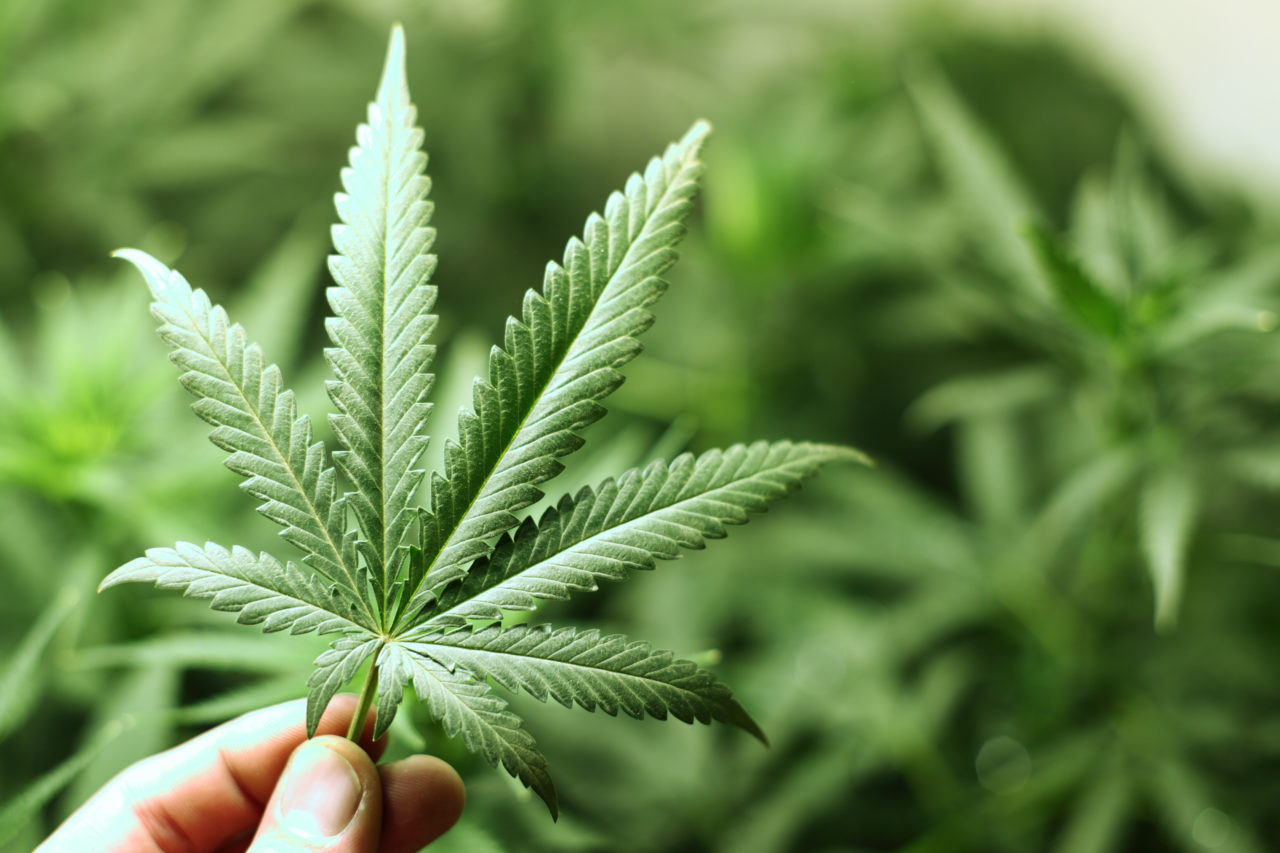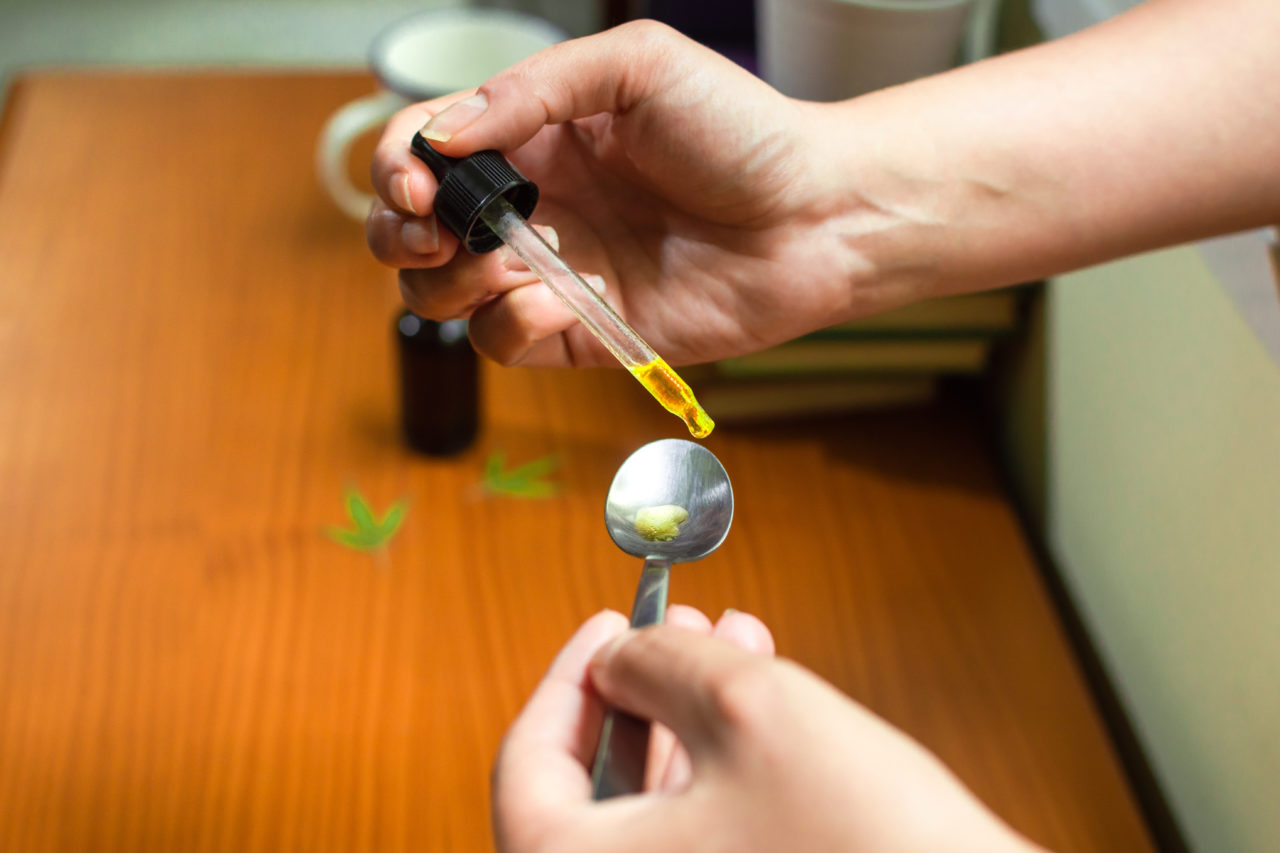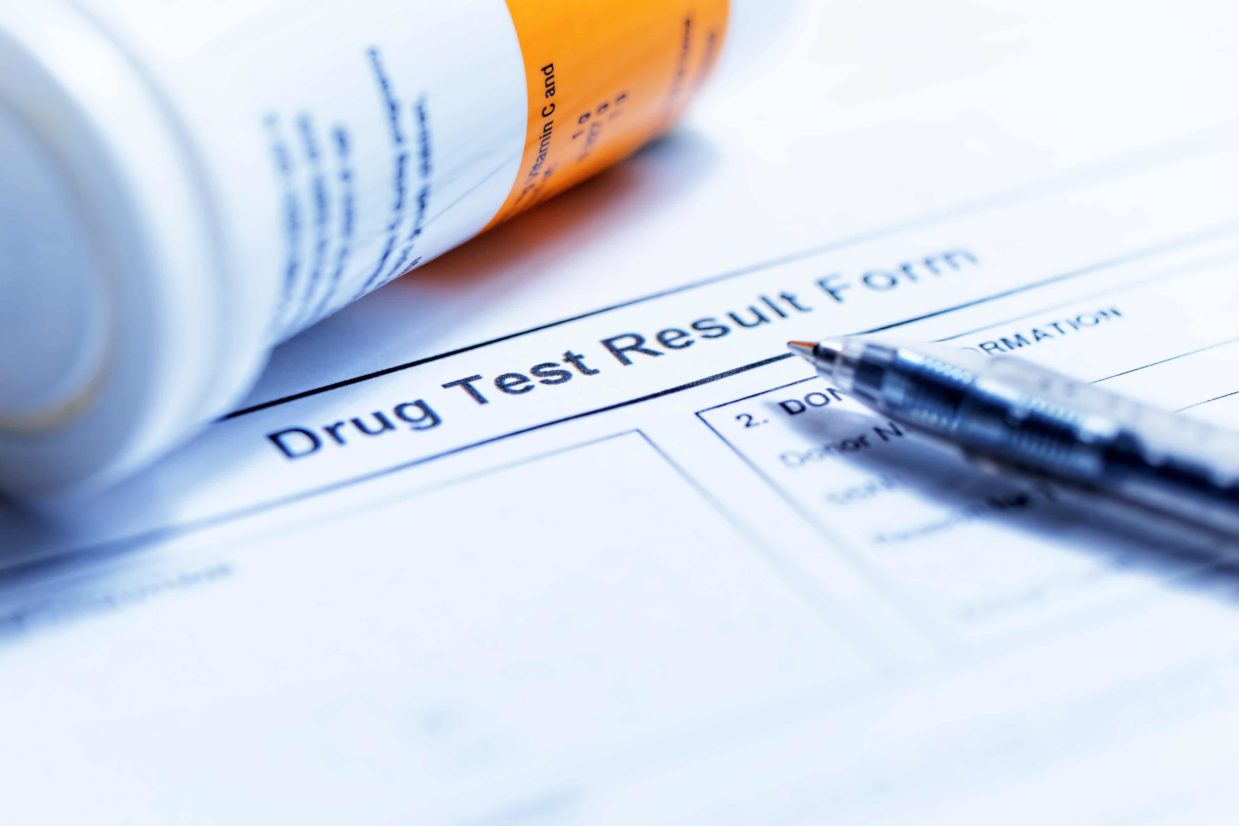We often talk of medical cannabis from a point of view that suggests alternative treatments when more traditional strategies do not work. For example, a PTSD patient may try every traditional therapy under the sun without experiencing sufficient relief. Medical cannabis is the only place left to turn.
The efficacy angle is one way to look at medical cannabis. It is also a valid perspective. But we want to propose another perspective for this post: medical cannabis from a harm reduction point of view. Harm reduction is a strategy we have employed to solve other types of problems. Can we approach medical cannabis in the same way?
They Have Done So in Malta
Medical cannabis is not as widely accepted in some parts of Europe as it is in the U.S. Take Malta. Medical cannabis has been a hard sell there. But a few years ago, the Maltese government agreed to implement a non-profit program for harm reduction purposes.
The logic was pretty simple. People intent on using cannabis were purchasing it on the black market. By approving and regulating it, the government was able to funnel people to licensed distributors selling product that meets high growing, processing, and distribution standards.
According to the Maltese regulator, people now know “where the product came from, what it contains and know that it does not contain harmful substances like bacteria, heavy metals and mold.” Needless to say that the government is very pleased with the harm reduction benefits of legalized cannabis.
High Standards in Utah
It is not clear exactly what Malta’s standards are for cannabis production and distribution. We do know the standards here in Utah, and they are pretty high. For starters, all medical cannabis consumed in the state must be grown by licensed growers on land physically located in Utah.
Cannabis plants are evaluated for potency, purity, and quality. Testing extends to cannabis processors. All the standards must be met or exceeded before a product can be packaged and sent on to medical cannabis pharmacies.
Standards and testing are all about patient safety. State regulators want patients to have access to high quality medicines that pose no threat. By instituting quality and purity standards, and then requiring product testing on top of that, regulators are ensuring that patients know exactly what they are getting with every purchase.
Don’t Be Afraid to Ask a Pharmacist
Utah also has labeling requirements. Though labels may not be as clear as they could be, they still do a pretty good job of explaining what is in the package. But never assume. If you ever have any questions about medical cannabis before you buy, don’t be afraid to ask the on-site pharmacist at your favorite pharmacy.
Like pharmacies across the state, Beehive Farmacy is required by law to have a licensed pharmacist on duty whenever the doors are open. We invite you to spend some time talking with the pharmacist whenever you visit. Pharmacists are trained in how medicines impact the human body, so they are the most qualified medical professionals to offer advice and answer your questions.
As far as harm reduction is concerned, we know that some traditional prescription medications come with undesirable side effects, some of which can be harmful. Some chronic pain patients have used those other medications but have decided to do so no longer. They prefer medical cannabis. We support that decision.
Medical cannabis is an alternative treatment for a number of diseases and health conditions. But it is also a harm reduction tool when traditional medications and therapies are risky. We need to keep that in mind.




